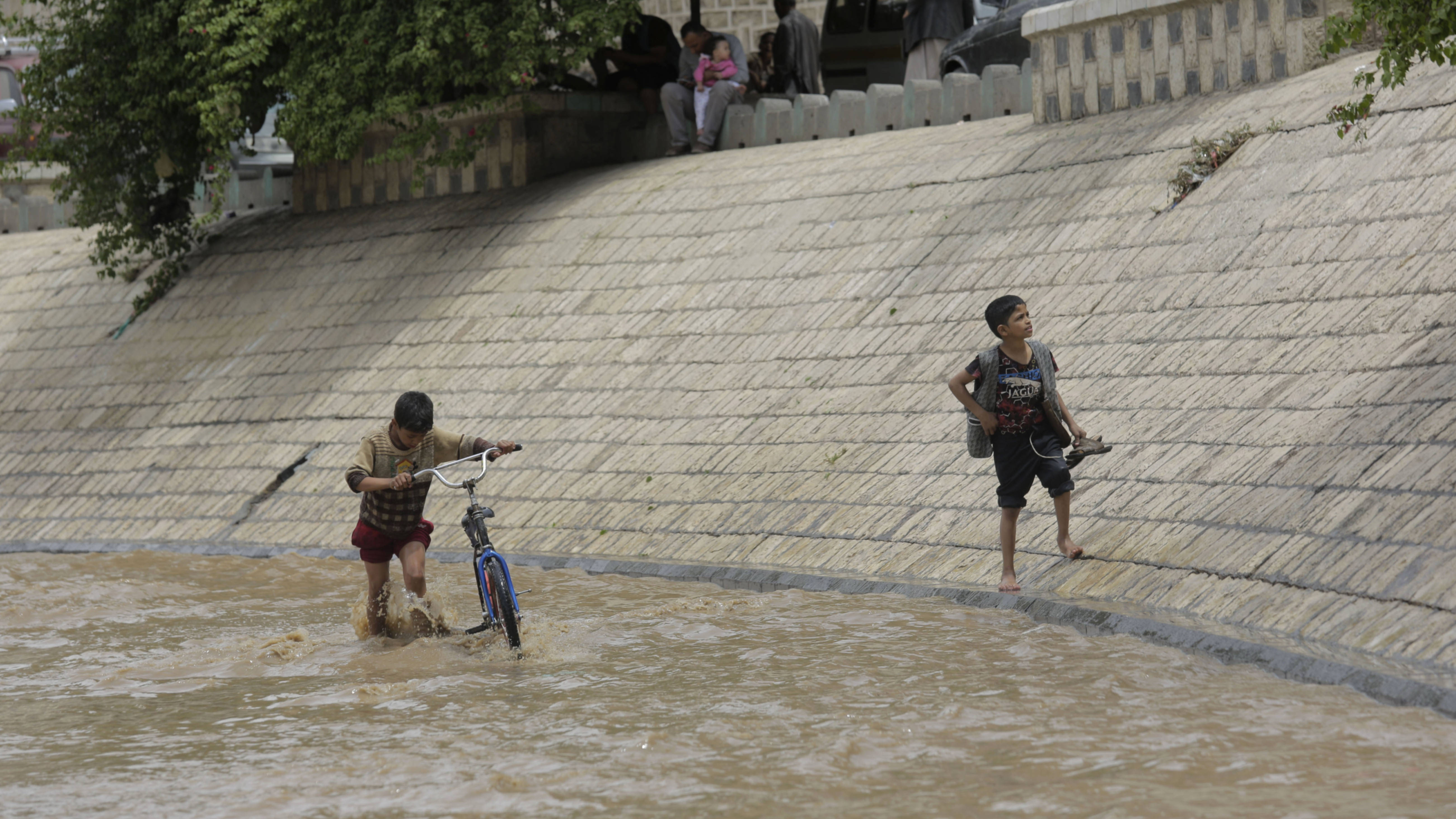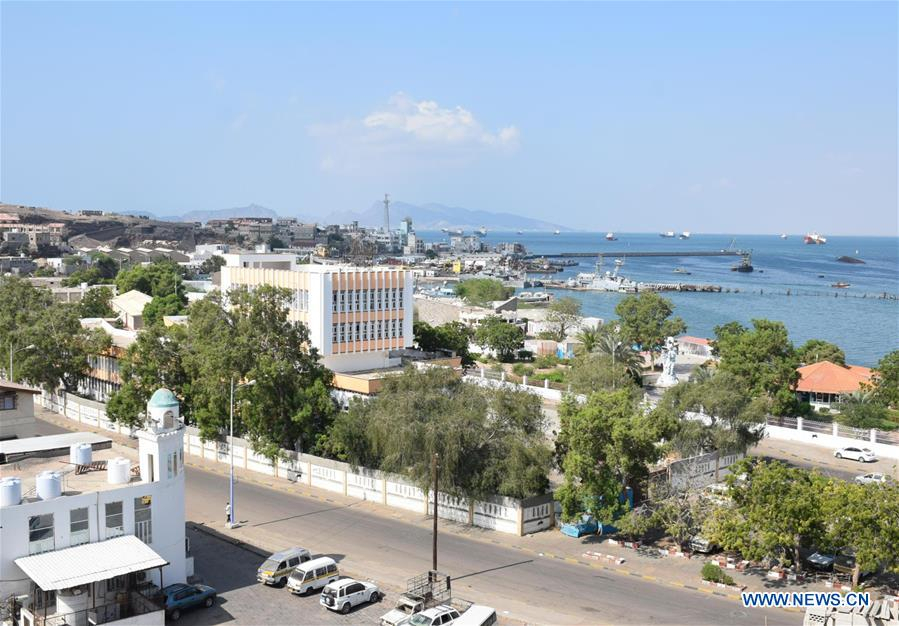
Editor's note: Guy Burton is an adjunct professor at Vesalius College, Brussels. The article reflects the author's opinions, and not necessarily the views of CGTN.
On April 26, Yemen's separatist Southern Transitional Council (STC) declared self-rule for the country's south. But almost immediately the declaration was challenged by Abdrabbuh Mansur Hadi's internationally recognized and UN-backed government as well as by governors from five of the country's southern provinces.
Regardless of the STC declaration, it will find it challenging to make self-rule in the south a reality. Working against it is the competition it faces from other groups in the south.
Opposition to the declaration of self-rule shows the nature of the challenge facing the STC. In particular, it will need to overcome a variety of high political and economic hurdles if it is to form a new South Yemen state, not least the current and ongoing challenge of civil war.
Politically, the STC will have to overcome the high degree of fragmentation that is present in Yemen today. As the reaction of those southern governors to STC's declaration shows, they do not speak for the whole of the south.
In fact, the STC is only one group among many which makes up the southern movement, known as the "Hirak." In terms of ideology, the southern movement is broad. While it includes separatists like the STC, it also includes others who are less committed to a new state-based in south Yemen. Instead, these groups want to see greater autonomy and power-sharing within the structure of the existing Yemeni state – much as the Houthis want the same in the northern part of the country.
Compared to others, the STC is arguably the most well-known southern-based groups. Its status was helped in part by receiving early foreign backing from the UAE soon after its formation in 2017 and active self-promotion abroad, including the establishment of offices in other capital cities.
Despite those efforts, STC's declaration hasn't yielded it much in the way of international support. Saudi Arabia and the UAE, who both intervened in Yemen in 2015 on behalf of the Hadi government and against the northern-based Houthis, criticized the move. The UAE's opposition was all the more galling, because of its previous cultivation of the group.
Instead, the UAE and the Saudis called for the STC and the Hadi government to work together to implement the Riyadh Agreement, which they sponsored to resolve differences between the two nominal allies and following STC's seizure of Aden.

A view of Aden, Yemen, November 5, 2019. /Xinhua
A view of Aden, Yemen, November 5, 2019. /Xinhua
The agreement called for both the STC and the Hadi government to withdraw their troops, allow inspections of their armories, release each other's prisoners and establish a government with equal representation. But Hadi moved too slowly, frustrating the STC, who pulled out of the implementation committees at the start of January.
Even though the STC may control Aden, its influence over the rest of the south is weaker. To achieve self-rule it will need to engage with the patchwork of local security and governance providers across the country, including in the south; what the Yemen-watcher Eleonora Ardemagni calls "militiadoms."
The STC will also find it difficult to demonstrate that it can improve people's lives in the south. It accused the Hadi government of failing public administration and corruption, with poor public services and limited access to vital utilities, like electricity, water, and sanitation. Only half of the country's health facilities are operational.
But Yemen's public finances and economy has been in a long decline over the past decade and especially as a result of war. It is almost completely reliant on food imports and has seen both food stocks and foreign reserves to pay for them diminish in recent years. The UN currently estimates that nearly 16 million of Yemen's 28 million population is going hungry and half of families are currently buying food on credit.
The STC may hope that control of Aden's port will provide some of the needed customs and other port-related revenue to turn this state of affairs around. But the sums won't be nearly enough. To get anywhere near making an impact, it would need to control the bulk of Yemen's oil fields in Hadramawt province and increase production substantially.
Over the past decade, Yemen's oil production has fallen from around 300,000 to around 50,000 barrels per day. At the same time, increased production may not necessarily help boost revenue: the collapse in global demand and low oil prices in the wake of the COVID19 crisis means that Yemen will not be earning as much as before.
In addition to these problems is also the fact that the STC doesn't yet control Hadramawt. Its governor was one of the five which rejected the STC self-rule declaration.
In sum then, while the STC taps into many longstanding grievances and frustrations felt in Yemen's south, the various political and economic obstacles which it faces suggests that its prospects of forming a new South Yemen state for the first time since 1990 currently seem some way off.
(If you want to contribute and have specific expertise, please contact us at opinions@cgtn.com.)